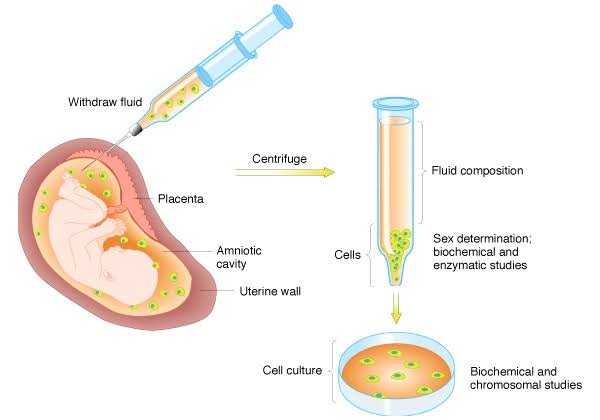Down Syndrome: A Comprehensive Medical Perspective
Introduction:
Down Syndrome, also known as trisomy 21, is a genetic disorder caused by the presence of an extra copy of chromosome 21. This additional genetic material affects the development of the individual, leading to intellectual disabilities and physical characteristics distinct to this syndrome. In this blog, we will delve into the medical aspects of Down Syndrome, focusing on its etiology, clinical manifestations, diagnosis, and management, while highlighting the crucial role of healthcare professionals in providing comprehensive care.
Etiology:
Down Syndrome occurs due to a random error during cell division, resulting in an extra copy of chromosome 21. The condition is not related to any specific race, socio-economic status, or geographic region. Advanced maternal age increases the risk of having a child with Down Syndrome, although the majority of affected individuals are born to younger mothers due to their higher fertility rates.
Clinical Manifestations:
Individuals with Down Syndrome often exhibit common physical characteristics, including almond-shaped eyes, a flattened facial profile, a small nose, and a protruding tongue. They may also have low muscle tone, joint laxity, and shorter stature. However, it is important to note that the degree of variation in physical appearance can vary significantly among individuals with Down Syndrome.
Intellectual and Developmental Disabilities:
Cognitive impairments are a hallmark of Down Syndrome. Most individuals have mild to moderate intellectual disabilities, although their learning abilities can vary widely. They may experience delays in language and speech development, as well as challenges with attention and memory. Early intervention and educational support are crucial in maximizing the potential for individuals with Down Syndrome to achieve their developmental milestones and enhance their quality of life.
Medical Complications:
Down Syndrome is associated with an increased risk of various medical conditions. Congenital heart defects, such as atrioventricular septal defects and ventricular septal defects, are common in individuals with Down Syndrome. Other potential medical issues include gastrointestinal anomalies, hearing and vision problems, thyroid dysfunction, respiratory disorders, and a higher susceptibility to infections. Regular medical check-ups and targeted interventions are essential to manage these complications effectively.
Diagnosis:
Down Syndrome can be diagnosed prenatally or after birth. Prenatal screening tests, such as maternal serum screening and non-invasive prenatal testing, can provide an indication of the likelihood of Down Syndrome. However, these tests are not diagnostic and should be followed by invasive diagnostic procedures, such as chorionic villus sampling or amniocentesis, to confirm the diagnosis.
Postnatally, Down Syndrome can be diagnosed based on clinical features and confirmed through genetic testing, such as karyotyping or fluorescent in situ hybridization (FISH). Early diagnosis enables healthcare professionals to provide appropriate medical care, early interventions, and supportive services promptly.
Management and Support:
A multidisciplinary approach is crucial in managing individuals with Down Syndrome. Healthcare professionals, including pediatricians, geneticists, physiotherapists, occupational therapists, speech therapists, and psychologists, collaborate to address the unique needs of each individual. Early intervention programs that incorporate speech therapy, physical therapy, and occupational therapy have shown promising results in improving motor skills, language development, and overall independence.
In addition to physical and developmental support, individuals with Down Syndrome benefit from social and emotional support. Family and community involvement play a vital role in fostering a nurturing environment that promotes the well-being and inclusion of individuals with Down Syndrome.
Conclusion:
Down Syndrome is a complex genetic disorder that impacts individuals in various ways, requiring a comprehensive medical approach. Healthcare professionals, with their expertise and specialized knowledge, play a crucial role in providing appropriate care, interventions, and support for individuals with Down Syndrome. By understanding the etiology, clinical manifestations, diagnosis, and management of this condition, medical professionals can contribute significantly to improving the lives of individuals with Down Syndrome and promoting their overall well-being.









Comments
Post a Comment